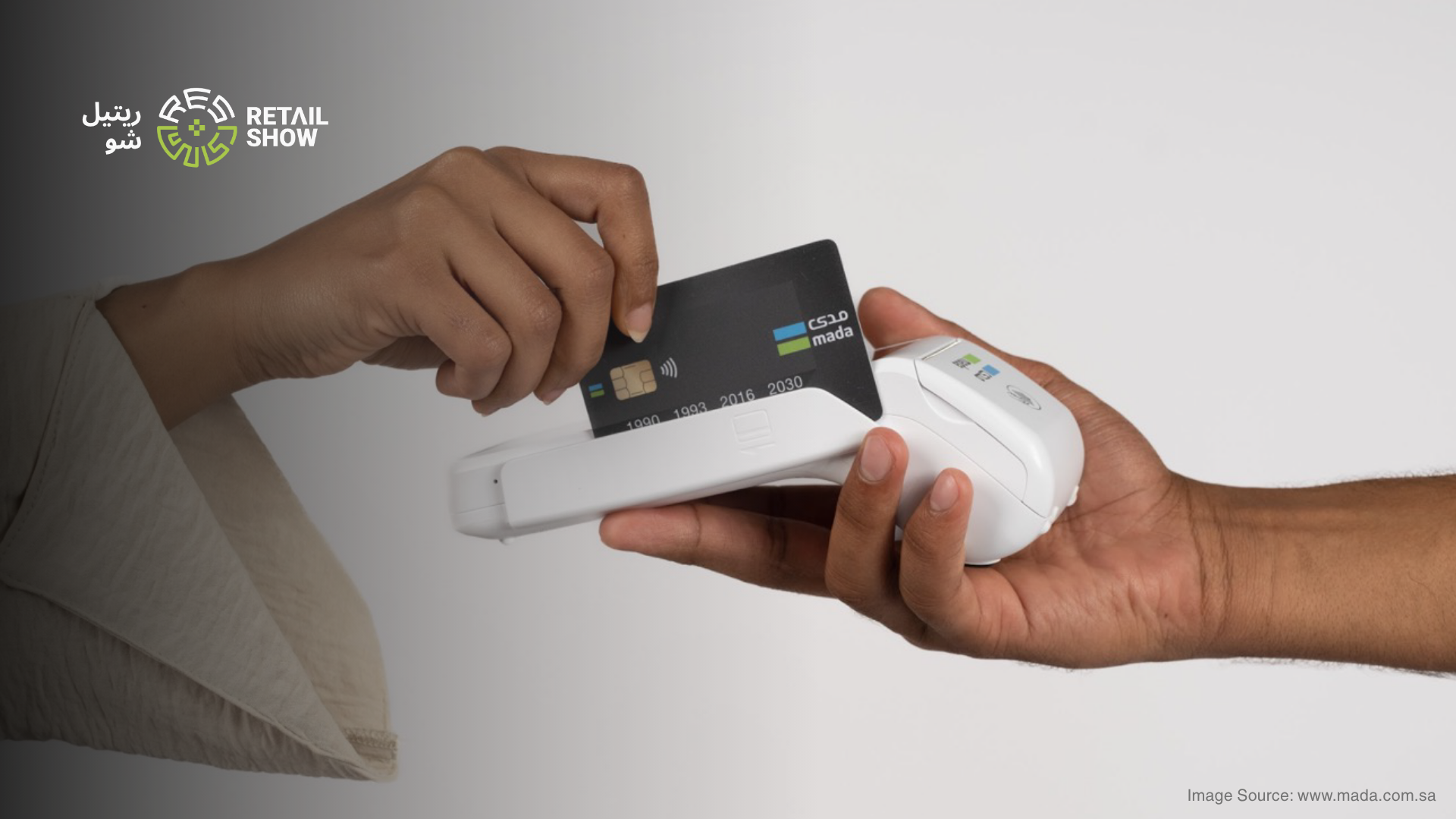Riyadh, Saudi Arabia – June 17, 2025: Saudi Arabia’s appetite for online shopping continues to climb at a rapid pace, with digital sales through Mada cards rising by more than half in April compared to the same time last year, according to new figures from the Saudi Central Bank.
Consumers spent SR23.27 billion ($6.2 billion) online using Mada-linked debit cards and wallets last month, marking a 57 percent jump year-on-year. The number of online transactions also spiked sharply, crossing 132 million for the month — a 40.75 percent increase that reflects the deepening shift in consumer behavior toward mobile and digital platforms.
Mada, the Kingdom’s national payment network, has increasingly become the backbone of Saudi Arabia’s efforts to build a cashless economy. Once known as the Saudi Payment Network, it links all point-of-sale devices and ATMs to a centralized system, enabling seamless debit and prepaid card transactions across the country. Its integration with NFC (near-field communication) technology has made tap-to-pay purchases via cards and smartphones a mainstay of daily commerce.
That digital convenience is proving transformative. With consumers increasingly opting for quick and secure payments on apps and e-commerce websites, Mada's rise signals more than just a technological shift — it underscores growing confidence in online retail as a whole.
But while online spending gains momentum, the picture at brick-and-mortar stores tells a more nuanced story.
Total point-of-sale purchases at physical retail outlets slipped modestly to SR52.22 billion in April, down about 1.4 percent from a year earlier. At the same time, the number of in-person card transactions actually rose by 11.6 percent, topping 891 million for the month. In practical terms, Saudis are using their cards more often, but spending slightly less each time — a likely result of tap-to-pay habits becoming routine for smaller, everyday purchases.
According to the central bank, nearly 94 percent of these in-store card payments are now contactless, made using cards, smartphones, or even smartwatches. And the infrastructure is expanding in lockstep: more than 2 million POS terminals have been deployed nationwide, up more than 16 percent from the previous year, as businesses of all sizes adopt electronic payments.
The increase in transaction volume alongside a dip in overall sales value suggests a cultural shift: cards are no longer reserved for large purchases. Instead, they’re increasingly the go-to payment method for quick buys — a sandwich, a taxi fare, a cup of coffee.
That behavioral trend, however, may have been influenced by seasonal dynamics as well. In 2024, Ramadan and Eid Al-Fitr coincided with April, traditionally driving a flurry of holiday shopping. This year, the holy month mostly fell in March, which saw in-store sales soar to SR66 billion. Without the same seasonal surge, April’s physical retail figures were naturally more subdued.
Still, core sectors like food and beverages, as well as restaurants and cafes, remain dominant in physical spending. Together, these two categories accounted for about SR15.4 billion in POS purchases last month, according to SAMA. However, without the Ramadan boost, growth likely plateaued.
Meanwhile, Saudi Arabia's digital payment landscape continues to evolve. In a move that could reshape mobile spending habits, the central bank signed an agreement with Google in April to enable Google Pay in the Kingdom using Mada’s infrastructure. The rollout, expected later this year, will allow users to integrate Mada cards with Google Wallet, facilitating both contactless and online payments directly through Android devices.
This upcoming launch builds on earlier integrations of Apple Pay and local wallets, expanding the range of options available to tech-savvy consumers. Together, these tools are helping normalize cashless spending not just in major cities but across all demographics, from Gen Z shoppers to traditional customers exploring digital options for the first time.
Taken together, the numbers point to a broader transformation underway in Saudi Arabia’s retail economy. As fintech innovations multiply and trust in digital platforms solidifies, the country’s transition from cash to clicks appears to be accelerating at full speed.


